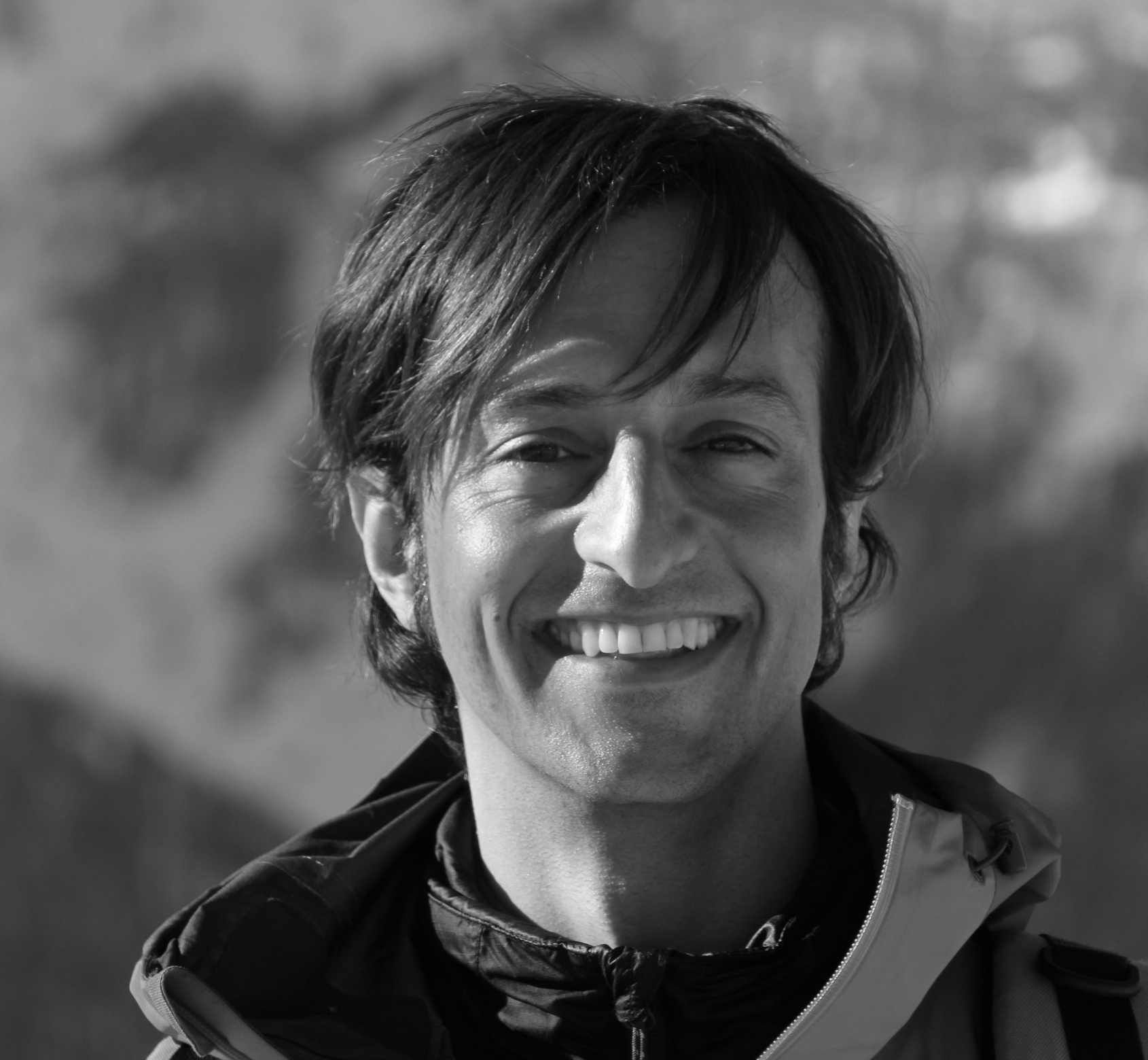After studying physics in Milan and Florence, Pietro Massignan graduated with a Ph.D. in Quantum Physics at the Niels Bohr Institute in Copenhagen in 2006, with a thesis on the theory of quantum gases. During this period, he also spent nine months at the Ecole Normale Supérieure in Paris. Upon graduation, he moved as a postodctoral reasercher to the Institute for Theoretical Physics in Utrecht, where he specialized in ultracold Fermi gases and few-body physics. In 2008 he came to Barcelona, where he held postdoctoral positions at both ICFO and the UAB, focusing mostly on strongly-interacting, disordered and topological systems, in both cold atoms and photonic setups. He was awarded a Ramón y Cajal grant in 2014, and he received the I3 accreditation in 2019. Since 2020, Pietro Massignan is an Associate Professor at the Physics Department of UPC.
Research interests
Pietro Massignan is a theoretical condensed matter physicist dealing with problems at the intersection of atomic physics, quantum optics, photonics, and solid state physics. His main field of interest is the theory of ultracold quantum gases. His current research aims at studying static and out-of-equilibrium properties of magnetic, superfluid, and strongly-interacting phases from both the few-body and the many-body sides. Most recently, he focused specifically on models with non-trivial topology implemented in ultracold atoms, as well as in photonic and polaritonic setups. He is also actively investigating quasiparticle physics, superfluid vortex dynamics, periodic driving, strong losses and disorder. He particularly enjoys the stimulating contact with experimental colleagues, and with students. He has by now acquired a solid teaching experience at both under-graduate and post-graduate levels, and he supervised various Master and PhD students.
Keywords
many-body properties of quantum mixtures; superfluid phenomena; synthetic gauge fields; topological order; open quantum systems; interplay between interactions, topology and disorder; scattering theory; few-body systems; reduced dimensions
